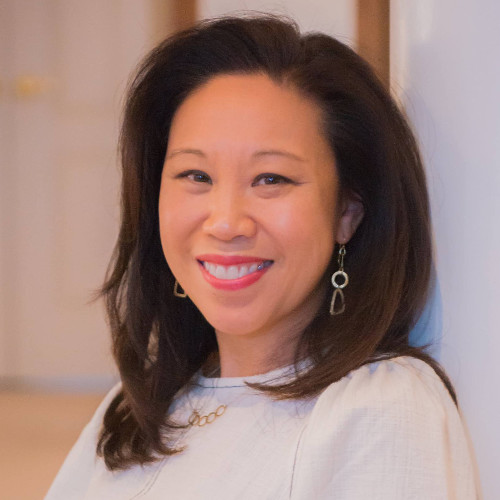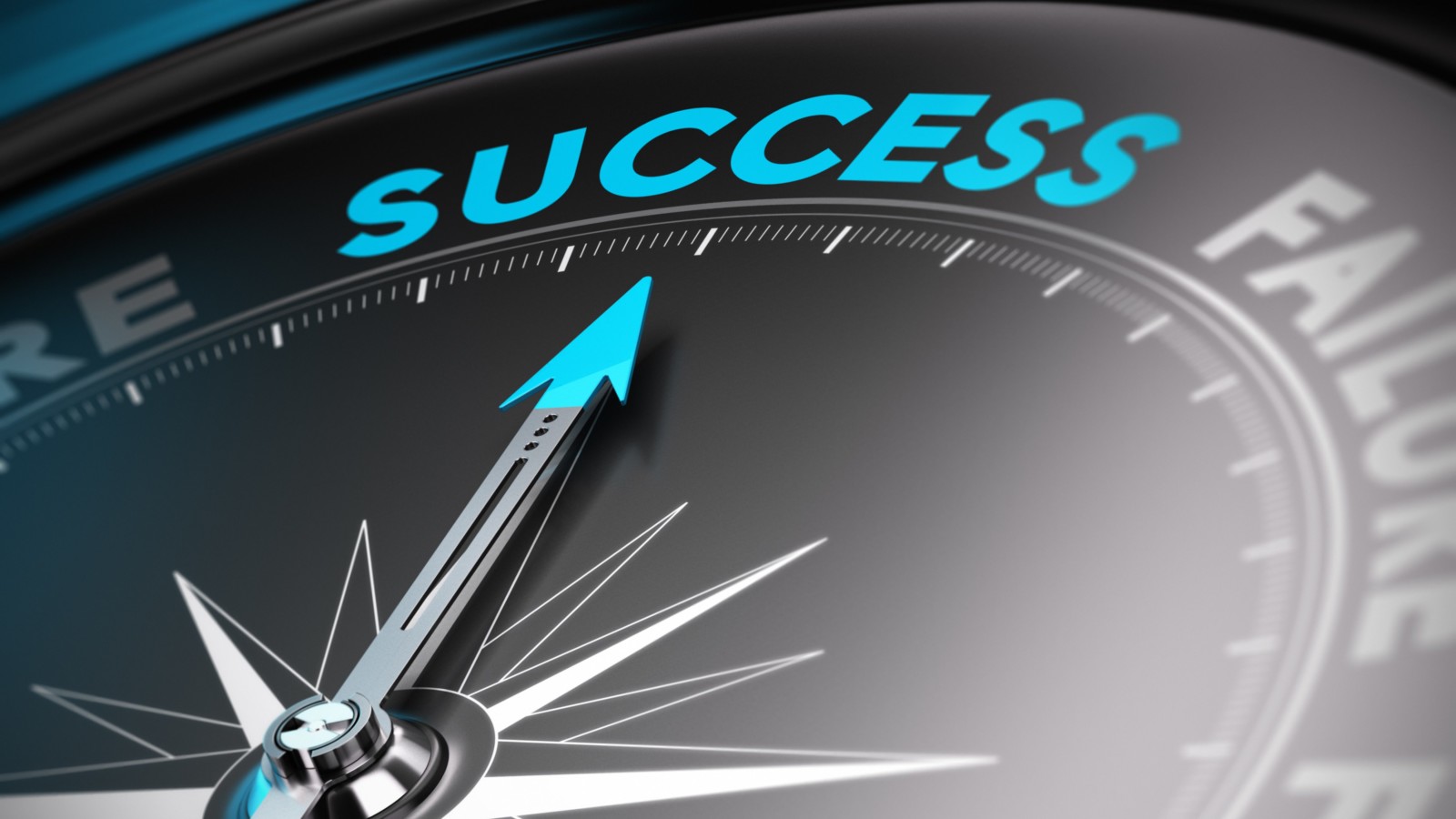As a black belt in Karate, I study the teachings of Martial Arts masters for inspiration. When I’m stressed I especially remember Bruce Lee who famously reminds us to “be water.” Those two simple words are a game-changer.
“Be water” is a reminder to adapt and flow with whatever comes at you. Instead of paddling desperately against the river, to just go with it. To make the momentum work for you in a new direction. Over the years, I’ve found this one simple lesson brings true freedom.
As we look towards the middle of the 21st century, the career landscape before us is no longer a mountain with ever-higher peaks. It’s a land of slopes, cliffs, valleys, hills, and hollows. In nature, the substance best suited for these environments is flexible. Agile. Fluid. Water.
We may wish for the return of a rigid, hierarchical structure with a “You have arrived” destination clearly marked. But just as movements of ice and snow irreparably transform the earth, so change has done away with the old pathways to success. New technologies, social change, generational shifts, and the simple passage of time have brought us a world where the fluid way is the best way.
Fluidity is the way of the future.
As children, we were asked what we wanted to be when we grew up. That usually meant picking a specific path at some point and building on it. Now as adults forced by change to navigate a fluid world, we must ask ourselves, “What do I want to be so that I can fulfill my personal and professional goals?” Bound up in this new question is the pursuit of passion and the development of new skills, both essential prerequisites for the new career.
To find our way in the new world of work, to “be water,” we must be fluid in the way we think. This allows us to adapt both professionally and personally to “go with the flow” towards our personal and professional goals.
Fluidity is both the cause and the effect, the challenge and the solution. According to Gallup, Millennials change jobs three times more often than other generations. This turnover costs the U.S. economy $30.5 billion per year. To many employers, the numbers don’t make sense. Why invest in someone who is likely to leave and add value to a competitor? As Peter Capelli, director of The Wharton School’s Center for Human Resources, points out, companies really want people they don’t have to train.
Harvard Business Review recently noted that people with a college education are able to develop the skills that formal training did not provide. This is especially true for younger Millennials and Generation Z, who tend to feel comfortable being self-taught and therefore “reskilling.” In years past, many organizations provided both training and development as well as mentorship—personalized, one-to-one career guidance from someone who’s “been there, done that.”
While it’s known that there are positives to having a program like this in a company, for those who are choosing a different career path where they are freelancing or starting their own company, you don’t have access to mentorship programs that have been proven to help career development and advancement. The opportunity to find those who could take you under their wing and teach you the ropes becomes even more elusive if you aren’t part of the large or more established company.
Nowadays, it’s not unusual for younger workers to pay for group mentorship, private career coaching, or non-academic online courses to expand their knowledge base and improve and diversify their skills. Anyone still expecting to be spoon-fed career development from an employer will be disappointed—and left behind.
This post is adapted from Building the Business of You: A System to Align Passion and Potential Through Your Own Career Mash-Up by Connie Steele. Learn more at bizofyou.co.


